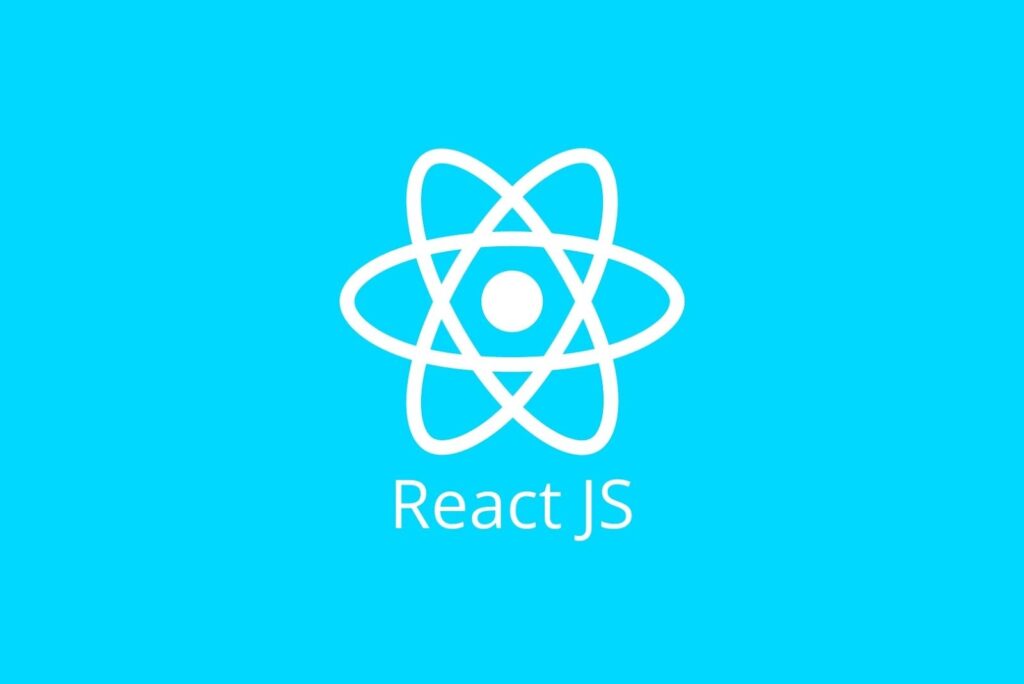React.js is a popular JavaScript library for building user interfaces. Here’s a list of React.js important topics:
1. Introduction to React.js:
- What is React.js?
- Key features and advantages of React.js.
2. Setting Up a React Environment:
- Installing Node.js and npm.
- Creating a new React application using Create React App.
3. Components in React:
- Functional components.
- Class components.
- Props and state.
- Component lifecycle methods.
4. JSX (JavaScript XML):
- Understanding JSX syntax.
- Embedding expressions in JSX.
5. Rendering Elements:
- Rendering elements to the DOM.
- Updating elements and the Virtual DOM.
6. Handling Events:
- Event handling in React.
- Event parameters and binding.
7. Conditional Rendering:
- Conditional rendering with if statements.
- Conditional rendering with ternary operators.
8. Lists and Keys:
- Rendering lists of data.
- Using keys for efficient list rendering.
9. Forms and Controlled Components:
- Creating forms in React.
- Handling form input and managing state.
10. Component Communication:
- Parent-to-child communication (props).
- Child-to-parent communication (callbacks).
11. Styling in React:
- Inline styles in JSX.
- CSS Modules.
- Popular CSS-in-JS solutions like styled components.
12. React Router:
- Setting up and using React Router for client-side routing.
13. State Management:
- Using useState and useReducer hooks for state management.
- Managing global state with libraries like Redux.
14. API Requests:
- Fetching data from APIs using fetch or Axios.
- Handling asynchronous data with useEffect.
15. Hooks in React:
- Overview of built-in hooks like useState, useEffect, and useContext.
- Custom hooks for reusing logic.
16. Error Handling and Debugging:
- Handling errors in React components.
- Debugging techniques and tools.
17. Testing in React:
- Writing unit tests with tools like Jest and React Testing Library.
- Testing user interactions and components.
18. Server-Side Rendering (SSR):
- Server-side rendering with libraries like Next.js.
19. React Native:
- Building mobile applications with React Native.
20. Performance Optimization:
- Profiling and optimizing React applications.
21. Best Practices and Patterns:
- Component composition.
- Code organization.
- Routing and navigation patterns.
- State management patterns.
22. Security Considerations:
- Cross-site scripting (XSS) prevention.
- Secure handling of user data.
23. Deployment and Hosting:
- Deploying React apps to various hosting platforms.
- Configuring production builds.
24. Community and Resources:
- React community and conferences.
- Blogs, courses, and online resources for learning React.
These are some of the key topics related to React.js. Depending on your level of experience and project requirements, you can dive deeper into each of these areas to become proficient in React development.






